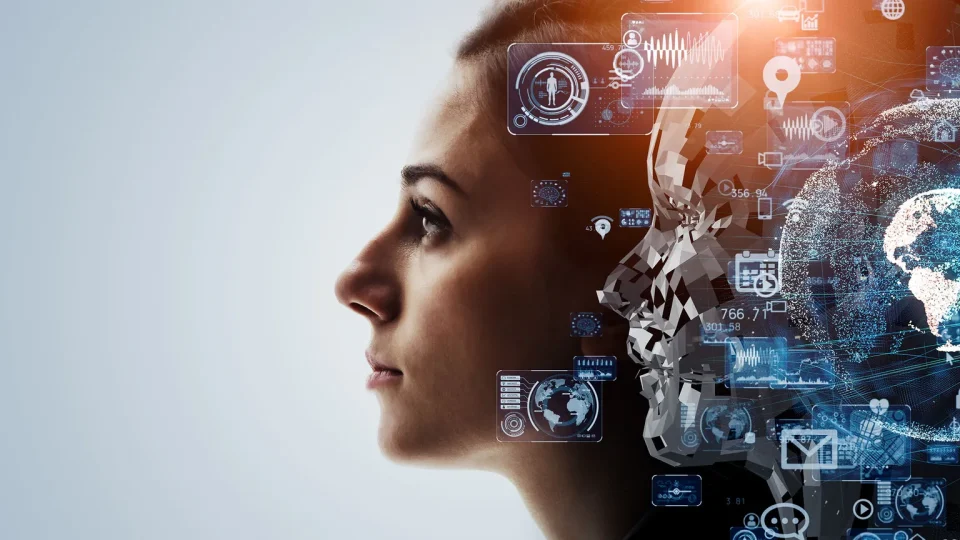Advanced AI Needs Machines That Learn More Like Humans

'Catastrophic forgetting' could be a problem for applications like self-driving cars.
•
Scientists say they are one step closer to creating artificial intelligence that can mimic human learning.
At a machine learning conference held in Honolulu this week, researchers at Ohio State University said they analyzed a process called "continual learning," which allows a computer to continuously acquire new skills without forgetting previous knowledge—much like humans build upon prior experiences to learn new things.
The team said that artificial neural networks can suffer from "catastrophic forgetting," meaning that as they take on new tasks, they lose information from earlier training. This poses a problem as society grows more reliant on AI systems in areas like self-driving cars.
"As automated driving applications or other robotic systems are taught new things, it's important that they don't forget the lessons they've already learned for our safety and theirs," said Ness Shroff, an Ohio Eminent Scholar and professor of computer science and engineering who led the study.
The study revealed that, similar to people, artificial networks better retain information when trained on diverse, dissimilar tasks rather than ones that share features. Teaching an algorithm varied tasks early on expands its capacity to absorb new information.
"Our work heralds a new era of intelligent machines that can learn and adapt like their human counterparts," Shroff said.
The research brings scientists closer to developing AI that exhibits lifelong, human-like learning. This could allow algorithms to be scaled up faster and adapted to evolving environments.
The Ohio State University research was one of dozens of presentations featured at the 40th annual International Conference on Machine Learning.
The conference also featured work by a team at MIT that said it developed a technique that could disrupt the creation of deepfake images by injecting tiny disruptive bits of code into source images.
Tech giant Google said its AI and machine learning research is included in more than 80 scientific papers included in the ICML program, including demonstrations of 3-D protein modeler AlphaFold, advances in fusion science, and new models like PaLM-E for robotics and Phenaki for generating video from text.
Shakir Mohamed, director for science, technology and society at Google DeepMind, delivered a keynote speech on guiding machine learning with social purpose. Google DeepMind is a major sponsor of the event.
"From healthcare to climate change, machine learning has huge potential to tackle major challenges and advance society," Mohamed said in a blog post. "By bringing together diverse voices, we can develop AI that benefits all people."
Editor's note: This story was drafted with Decrypt AI from sources referenced in the text, and fact-checked by Ozawa.
